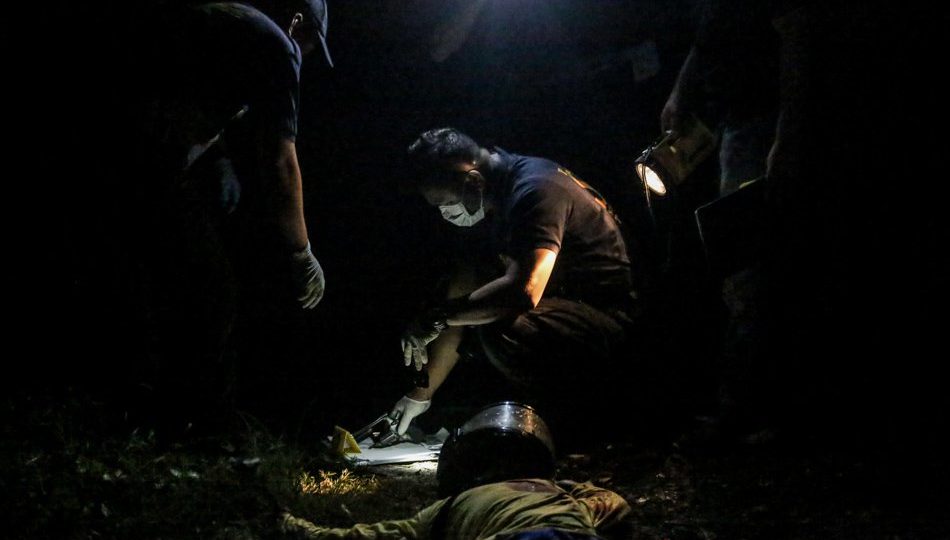Human rights organization Amnesty International today called for the United Nations (UN) to immediately investigate the human rights violations allegedly occurring in the Philippine government’s anti-drug campaign, which it said victimizes only those living in poor neighborhoods.
In its report released today titled They just kill: Ongoing extrajudicial executions and other violations in the Philippines’ “war on drugs,” Amnesty said that Bulacan is now the country’s “bloodiest killing field” because many high-ranking police officers from Metro Manila — which used to be the epicenter of extra-judicial killings — have been transferred to the province.
Amnesty went to Bulacan in April to investigate the deaths of 27 people who were allegedly killed in anti-drug operations. Many of those who died were included in a “drug watch list” which was allegedly used by the police to identify who they should “arrest or, in some cases, kill.”
Amnesty alleged that local officials in Bulacan face enormous amounts of pressure to submit such lists. Once a person is included in a drug list, there is no way for his name to get off it, even if he has stopped using drugs.
Amnesty said that in all the cases it investigated, the police insisted that the suspects were killed because they fought back by shooting the cops during the arrest.
However, the families of many of the suspects denied this and said that their relatives don’t even own a gun. In one case, one suspect was killed in a drug bust operation after he worked as an informant for the police. His family said that the pistol which he allegedly used to fight the cops was merely planted by the authorities.
One forensic expert whom Amnesty interviewed said that police reports of such buy-bust operations are far from believable.
“It’s so consistent, it’s a script. In fact, when you see the report, it looks like a template,” the forensic expert said.
In a statement, Nicholas Bequelin, Amnesty’s Regional Director for East and Southeast Asia, said that Duterte’s war on drugs is “nothing but a large-scale murdering enterprise.”
“It is not safe to be poor in President Duterte’s Philippines,” he said. “All it takes to be murdered is an unproven accusation that someone uses, buys, or sells drugs. Everywhere we went to investigate drug-related killings ordinary people were terrified. Fear has now spread deep into the social fabric of society.”
According to the Philippine National Police (PNP), 6,600 drug suspects have been killed in anti-drug operations from July 1, 2016 to May 31, 2019. However, some say that the deaths are underreported, with the Commission on Human Rights saying in December that the number could be as high as 27,000.
Last month, UN human rights experts called for a probe into Duterte’s drug war and said that there have been a “staggering number of unlawful deaths and police killings” and “killings of human rights defenders” because of it.
The Philippine government lambasted their call and said it was a form of interference on the Philippines’ sovereignty.
Last week, Iceland, with the support of several other countries, also urged the UN Human Rights Council (UNHCR) to come up with a comprehensive report on the impact of Duterte’s war on drugs. The Human Rights Watch also urged the UNHRC for a similar report last week.
At present, the International Criminal Court (ICC) is conducting a preliminary investigation into the government’s drug war despite the Philippines’ decision to leave the organization in March. The Philippine government said that it will block or deport ICC investigators if they come to the country.




